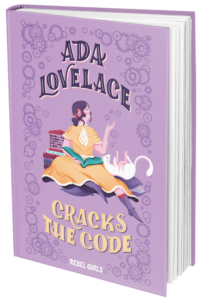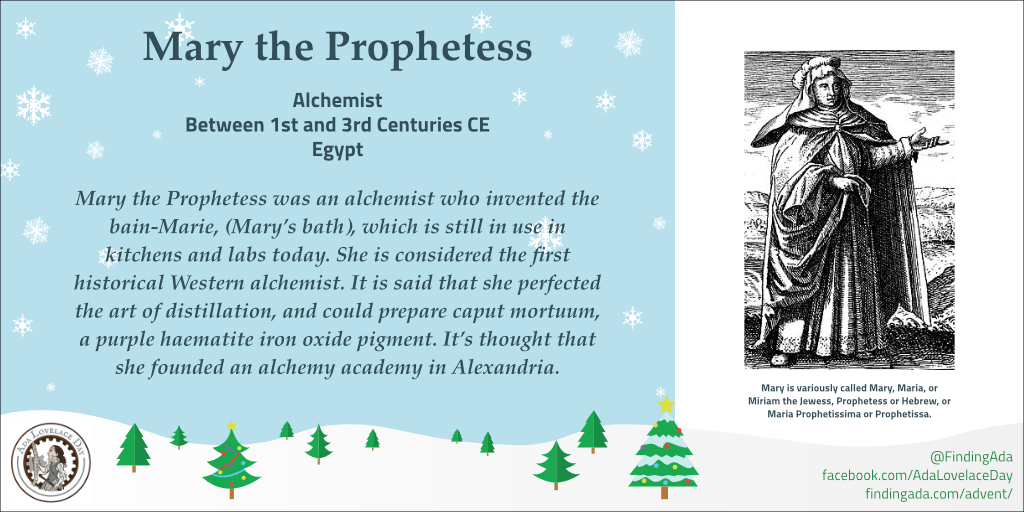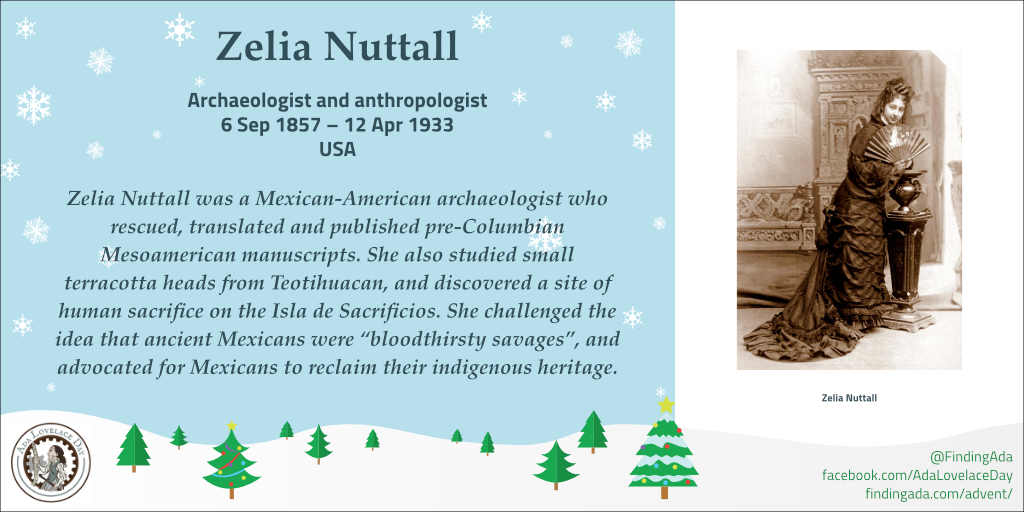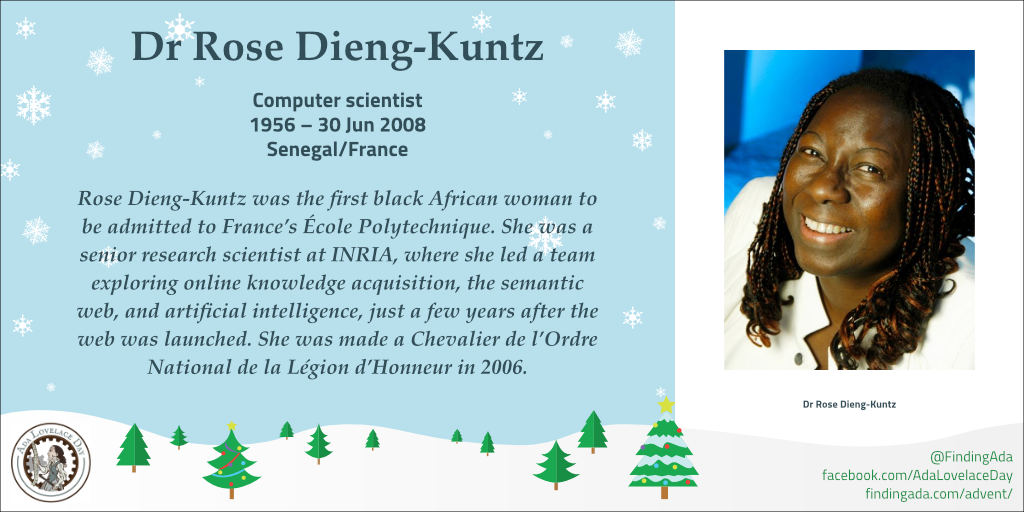
Our lovely friends at Rebel Girls have just released their Chapter Book series, which includes the fictionalised biography Ada Lovelace Cracks the Code! The book is beautifully illustrated by Marina Munn, is suitable for children ages 6+, and would make a wonderful Christmas gift! And we have five copies to give away.
For the chance to win, simply email us at admin@findingada.com, using the subject line “Ada Lovelace Cracks the Code”, with your answer to the following question:
For which machine did Lovelace write her Bernoulli Program?
The deadline for the competition is midnight on Wednesday 18 December 2019, so get your answers in quickly!
More from Rebel Girls:
Growing up in nineteenth century London, England, Ada is curious about absolutely everything. She is obsessed with machines and with creatures that fly. She even designs her own flying laboratory!
According to her mother, Ada is a bit too wild, so she encourages Ada to study math. At first Ada thinks: Bleh! Who can get excited about a subject without pictures? But she soon falls in love with it. One day she encounters a mysterious machine, and from that moment forward Ada imagines a future full of possibility—one that will eventually inspire the digital age nearly two hundred years later.
Ada Lovelace Cracks the Code is the story of a pioneer in the computer sciences, and a testament to women’s invaluable contributions to STEM throughout history.
Includes additional text on Ada Lovelace’s lasting legacy, as well as educational activities designed to teach simple coding and mathematical concepts.



